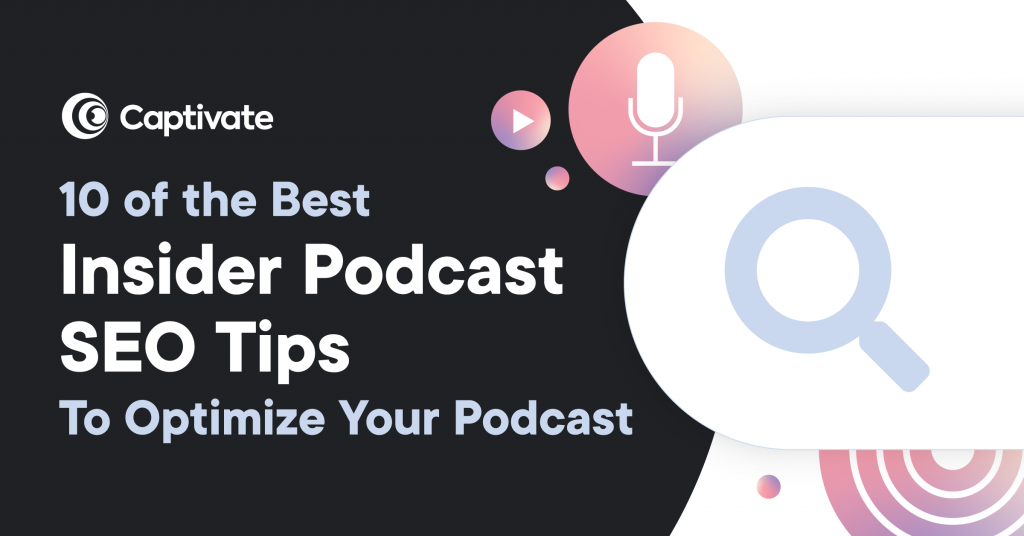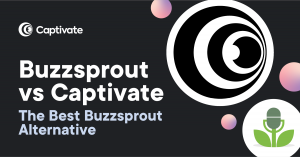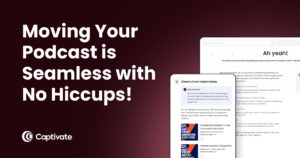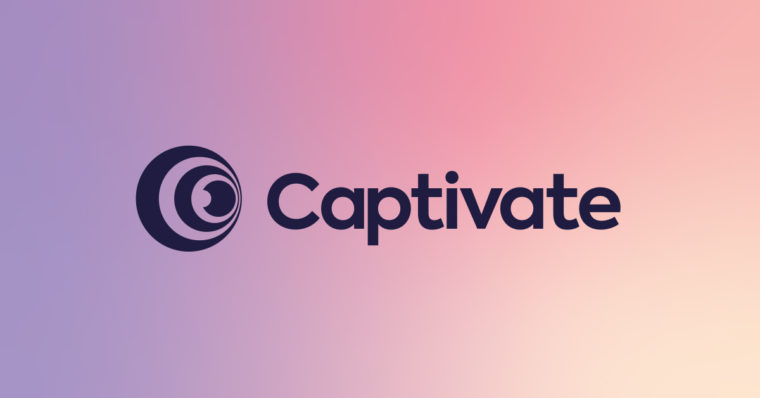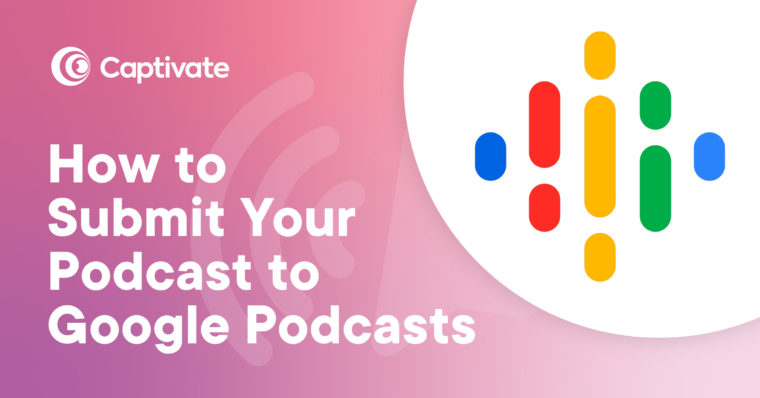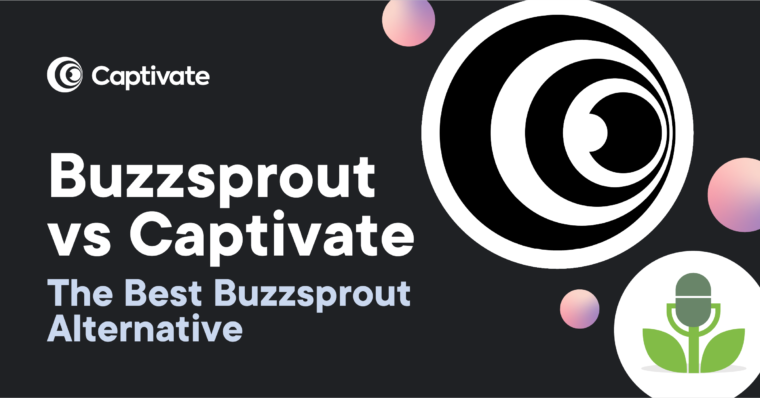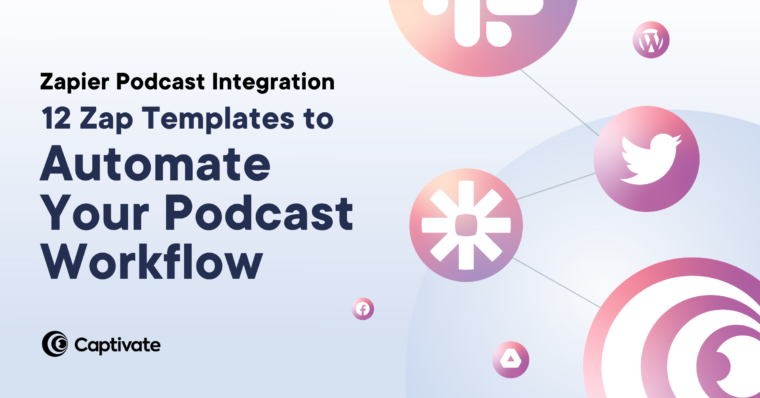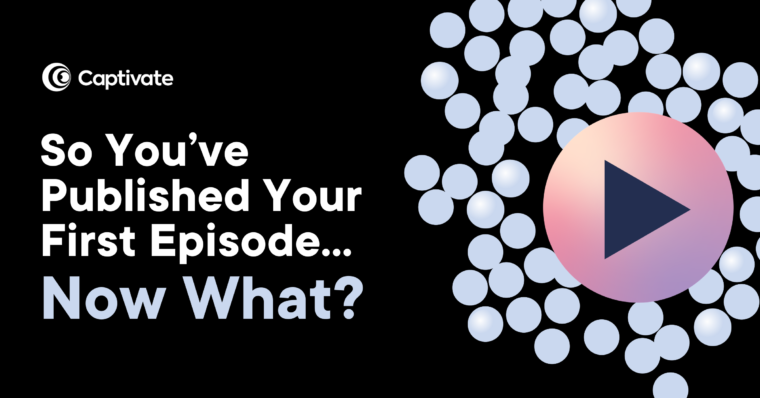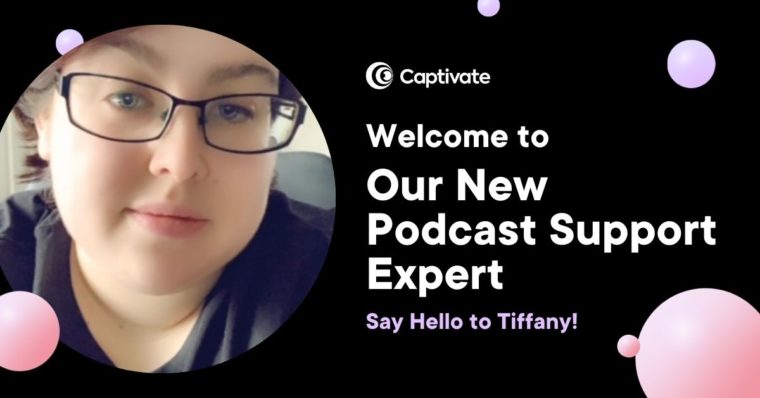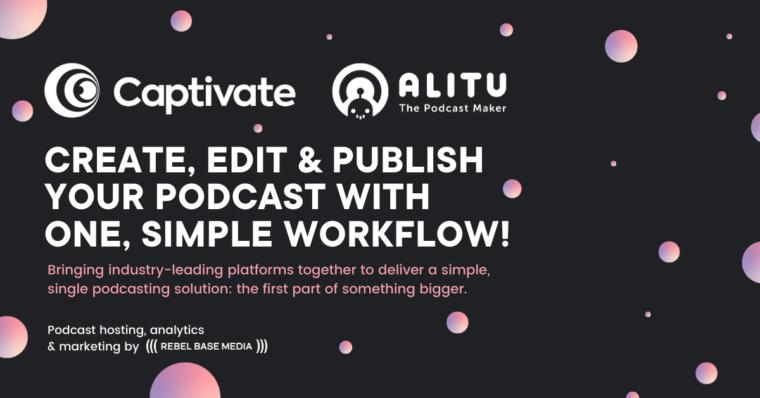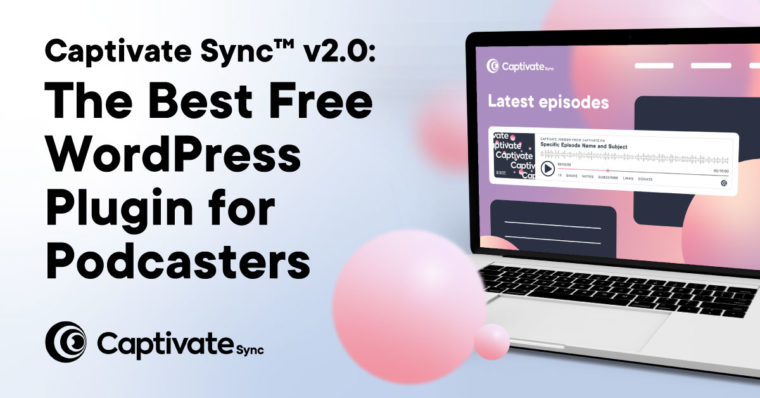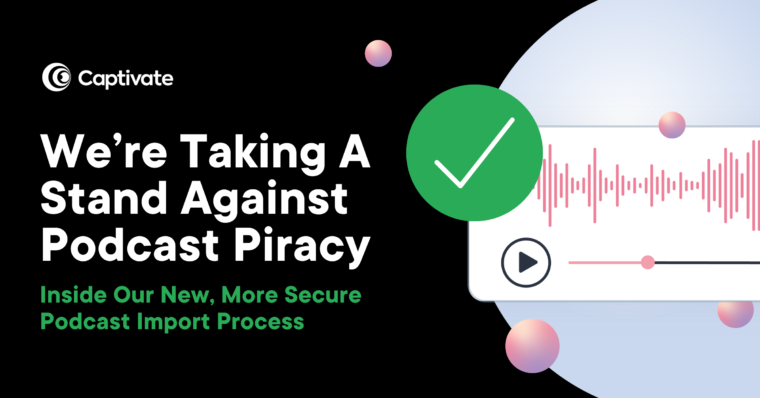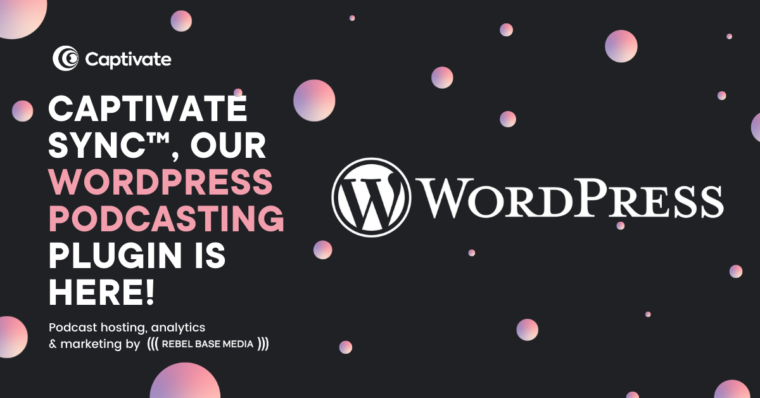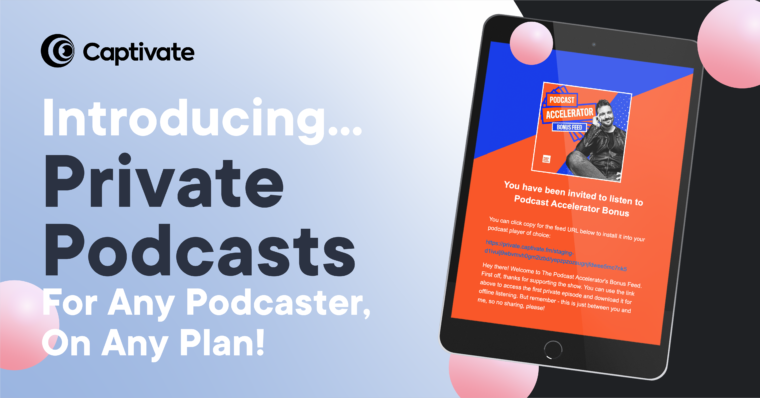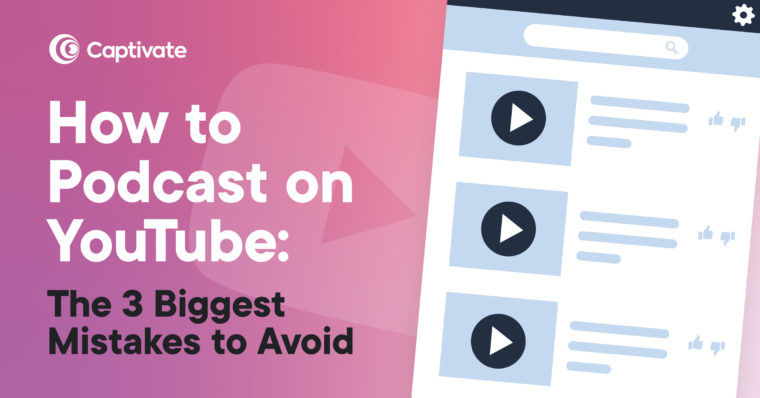This guide is a guest post from SEO Specialist Sarah McDowell, host of SEO SAS Podcast, and is part of a wider series on How To Market Your Podcast.
If you want to grow your podcast, you definitely should care about podcast SEO. However, you’re not alone if you don’t quite understand what it is or how to do it.
We receive lots of questions from podcasters about search engine optimization, ranging from “what is a meta description?” to “where do I put my keywords?!”
In this blog, I’ll share my top 10 podcast SEO insider tips and best practices for optimizing your podcast for increased search traffic, discoverability and authority.
In this article:
What Is Podcast SEO?
SEO stands for Search Engine Optimization. It refers to the method of increasing both the quality and quantity of traffic to your website via non-paid (organic) results in search engines such as Google.
Podcast SEO is a sustainable method for growing your audience and raising your profile online. By optimizing your podcast, you give potential listeners more opportunities to discover you and your show through search traffic.
Of course, seasoned podcast listeners might go straight to an app on their phone, or head to Spotify or Apple Podcasts to search for new podcasts themselves. Optimizing your podcast with keywords is important for getting your show to appear in these search results, too – after all, every podcast app is a search engine, too!
But there’s a huge potential audience that doesn’t know where to look for new podcasts or have never listened to one, ever!
In order to maximise your podcast’s discoverability, it’s vital to cater to those curious individuals who head to Google or other search engines to look for podcasts by typing in, for example, ‘podcasts about rock music’ or ‘film reviews podcast’.
How Google Shows Podcasts In Results
In May 2019, Google announced that it had started showing podcasts directly in its search results.
This means that depending on what someone searches in Google, they will be shown relevant or related podcasts playable directly within Google Search and its other products, like Google Assistant.
Google has also begun to analyze and transcribe the content of a podcast episode in order to serve it in relevant searches (although it’s not clear how many episodes have been indexed). This is massive for discoverability and means people could find your podcast without even having listened before!
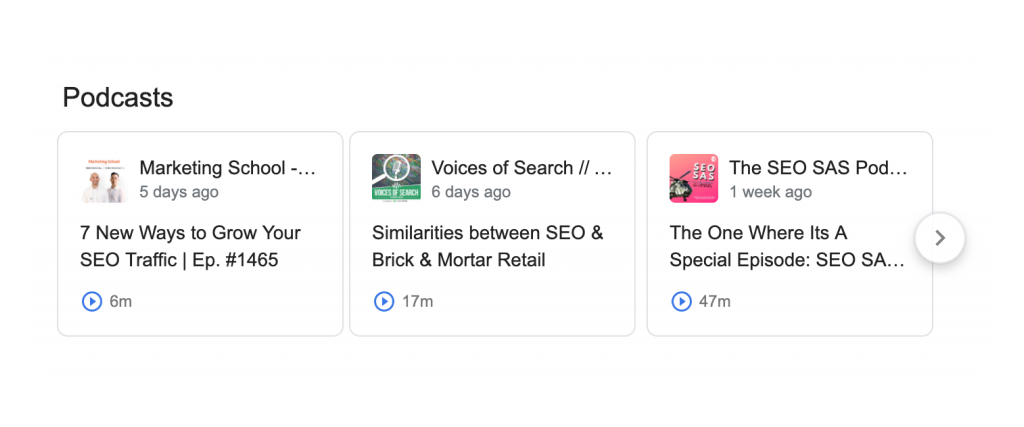
With 1.2 million+ podcasts now competing for listeners’ attention, it’s really important that your audio content sounds great but performs well in searches, too.
In this guide, I’ll take you through 10 easy tweaks and insider tricks for optimizing your podcast for search.
Optimize Your Podcast With Our 10 Insider Podcast SEO Tips
1. Claim Your Podcast On Google Podcasts Manager
If you want Google to index your podcast (aka show up in searches), you need to make sure you have verified yourself with Google Podcasts Manager.
Verifying is super-easy and involves five steps:
- Access Google Podcasts Manager through the Distribution page of your Captivate dashboard.
- Log in with your Google Account (or create one).
- Enter your podcast RSS feed URL.
- Preview your feed to make sure the episodes and artwork are pulling through correctly.
- Google will then send you a code to the email address associated with your RSS feed.
- Enter the code and verify ownership!
Once you have verified yourself, Google will index your feed and make it discoverable across Google Home, Google Search and Google Assistant. If you can get your podcast content to rank highly enough for your chosen keywords, there’s a good chance Google will include you in relevant search results.
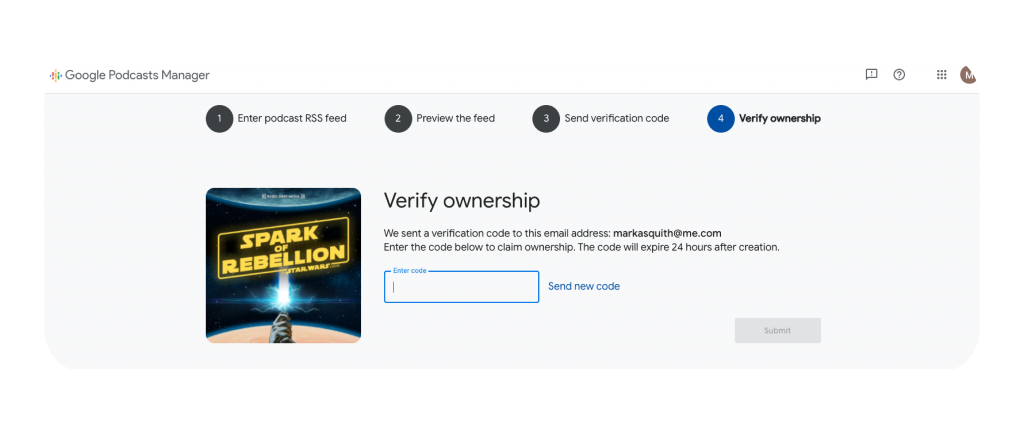
Top tip: When you receive your show link from Google Podcasts, don’t forget to add it to your podcast player links so listeners can access it!
2. Research Relevant Podcast Keywords
Use a keyword research tool (there are loads out there to suit any budget) to identify opportunities for your podcast and episodes. If your budget is really limited, there are plenty of free resources to try. I recommend:
- Google Trends
- Answer the Public
- Keyword Surfer
- Google itself!
The name of your podcast is your number one keyword. Think of your theme, episode structure and find the best keyword to describe your show.
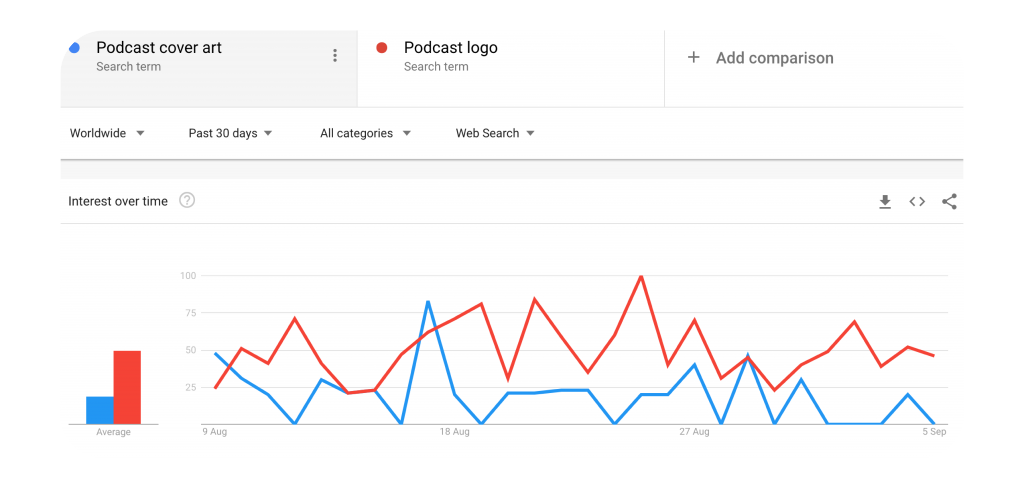
Funny and inventive podcast names are great, but some podcasters intentionally pick a name based on the keyword opportunity, for example ‘The Property Podcast’ or ‘The Totally Football Show’.
You should also be using keywords in your episode titles. Try not to use the same keywords for episodes, as you will end up competing with yourself and confusing Google. If you optimize two episodes with the same keyword, how does Google know which one to prioritize?
Top tip: Doing keyword research for episodes is also a great way to come up with potential topics for future shows!
What makes a good keyword?
When doing research, look for keywords that have a decent volume of monthly searches and where competition is low. Tools like Keyword Surfer can estimate how many people search for a particular keyword on a monthly basis.
Most tools will show how competitive a keyword is using a traffic light system (where red is hard and green is easy).
Another article we think you’d like...
Reading Time: 16 minutes We take a deep dive into Buzzsprout podcast hosting, its pros and cons, and how it weighs up to Captivate when it comes to support, service, features and, of course, pricing.
You’ll also be able to find other suggestions that are related to the keyword you’re searching for, so have a look and see which is best based on relevancy, monthly searches and competition.
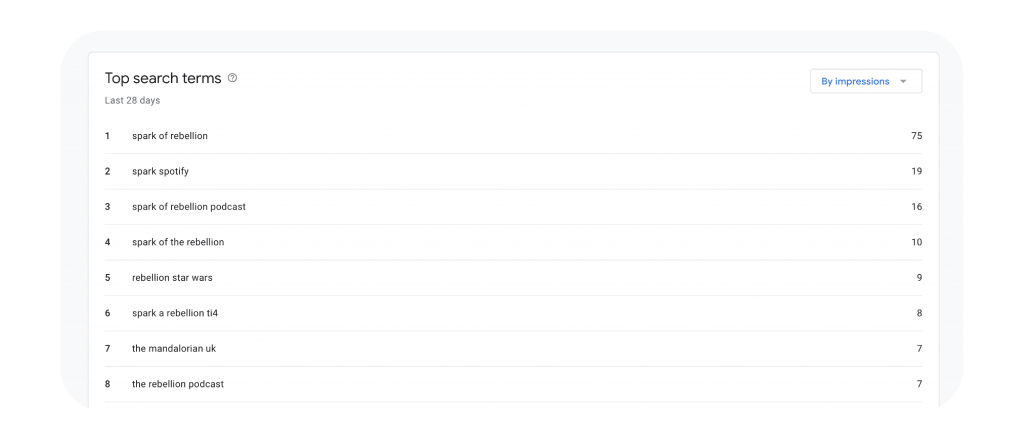
Top tip: As of October 2020, you can now use Google Podcasts Manager to see which search terms led listeners to your podcast. It’s free, accurate and will give you valuable insights into the keywords that convert well for your show.
3. Build Authority with Quality Content
As I mentioned before, Google Podcasts has already started to automatically transcribe podcasts so it can understand the content and know whether a specific podcast episode is relevant to a query or question that someone searches for.
Search engines exist to give users the answers to their questions. With podcast SEO, like any form of content, the goal is to create highly relevant, informative and useful content.
When putting together content for your podcast episodes:
- Make sure there is a clear structure and flow to your episode
- Create snappy, descriptive and eye-catching titles to entice listeners in
- Include keywords where it’s appropriate to do so

Similar to if you were preparing a blog, you need to structure your content and think about how the format and questions can maintain a clear, consistent and logical flow.
This makes for a quality listening experience, builds trust and authority and makes it easier for search engines to make sense of your content too.
Top tip: Avoid ‘keyword stuffing’, e.g. listing variations of your keyword out of context or where they don’t flow naturally – Google will catch you in the act!
4. Leverage Podcast Metadata
If you’ve heard people talk about metadata in regard to SEO and haven’t 100% understood the conversation – you’re not alone.
Metadata is data that describes other data. It basically summarises info about data on a given page and plays an important part in all aspects of SEO – including podcast SEO.
Meta Descriptions And Titles
Meta descriptions and page titles (also known as title tags) are examples of metadata, and you should be including these when publishing your podcast episodes.
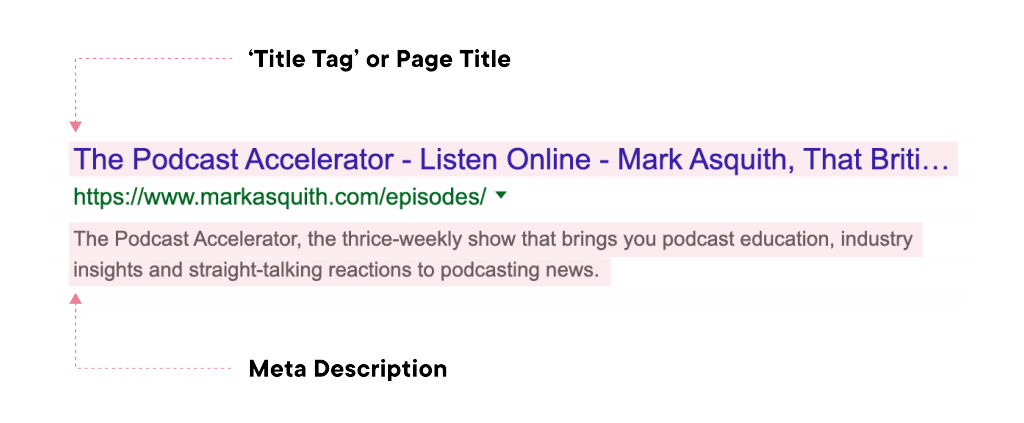
Including a meta description and title will give Google a brief overview (a snippet) of what your content is about, as well as being displayed in search results.
Your title and subtitle (if you want to include one) should be clear, concise and include your focus keyword where appropriate. You can be a bit more creative with your description – after all, its function is to persuade your listener to actually listen, but make sure to provide enough context and details to make it relevant and useful.
Reminder: Captivate has SEO features built in to your podcast’s website and your episodes, too!
5. Increase Your Online Presence with Social Media
We always recommend that podcasters set themselves up on social media. It’s the best way to connect with your audience, foster relationships with your fans and encourage people to share new episodes when they go live.
That said, there’s an ongoing debate in the industry about whether social media affects SEO or not. From our research and understanding, social media has an indirect effect on SEO. Search Engine Watch has done an awesome blog about this subject.
Social media has an ‘indirect effect’ on your podcast SEO because it generates social proof, or word of mouth recommendation. If people are engaging with your social media accounts, sharing your content, leaving reviews and linking out to your episodes, Google will take notice of this popularity.
So there are some things to do with your (actual) podcast, now it’s time to talk about your podcast website.
Do I really need a website for successful podcast SEO?
Now, strictly speaking, you don’t need a website. All you need is a platform to host and publish your episodes, like Captivate.
However, having a website is a great way to improve your podcast’s SEO and visibility.
Why?
Because you make it easier for search engines, like Google, to discover your podcast and episodes by providing more context and additional content for them to come across and include in its database.
Pro tip: Captivate creates an amazing, responsive website for your podcast at the click of a button, so you don’t need to worry about creating your own. Our websites are fully customizable, with support for the Facebook Pixel, Apple Smart Banners and, of course, built-in SEO features!
6. Create Episode Transcriptions
At the beginning of the blog, we said that Google is automatically transcribing podcasts, which is great but it’s not yet perfect. And, if it’s not perfect, why leave it to chance?
To help SEO, you can create transcriptions for your episodes.
Another article we think you’d like...
Reading Time: 8 minutes Four of Captivate’s advisors lend their experiences of podcast sponsorship, lend advice and tell you what to do when securing sponsors for your podcast.
Moz do a weekly Whiteboard Friday, which is in video format, but when they publish it to their site, they include a transcription.
Providing transcripts gives you a chance to highlight key topics, keywords and structure your content for search engines to digest easily.
It also helps to make your content more accessible for those who cannot listen, and readers can easily scan through a transcription to get the gist of your episode before they take the time to listen.
To drive the most SEO benefit from your podcast transcriptions:
- Use H1-H4 header tags for structure and context
- Include keywords (of course)
- Use timestamps to improve usability, highlight topics and talking points
Point Out Relevant Content With Clickable Timestamps
If you’re creating transcripts for your podcast, repurposing your episode on YouTube or just optimizing your show notes, make sure to include clickable timestamps in your copy.
Timestamps connect your audience with the content they will find most valuable, saving them the hassle of searching through your episode themselves.
You can optimize timestamps with keywords, link out to other content, include guest names and highlight your discussions of current events to increase the freshness and relevance of your podcast episodes.
With Captivate, you can embed timestamps within your show notes, meaning you can continually optimize and update them with relevant keywords.
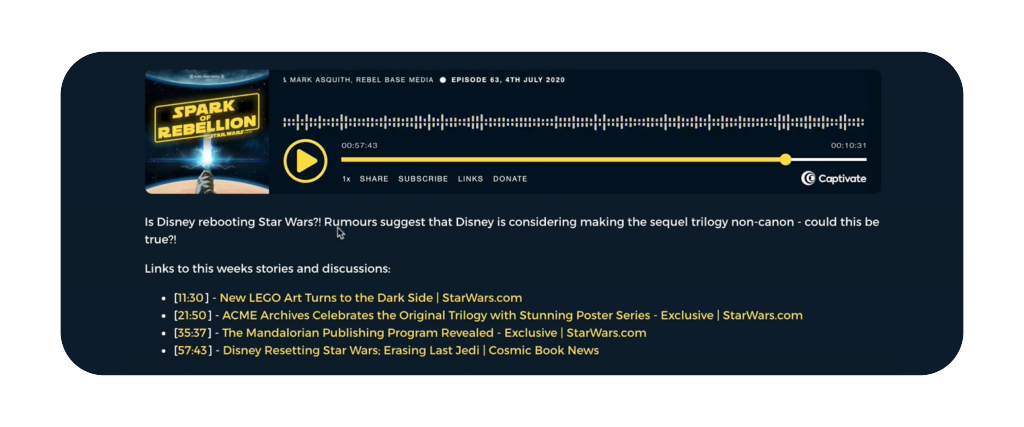
7. Repurpose Your Podcast Content
Having a website gives you more flexibility to do more with your podcast episodes. I’d always recommend repurposing the content of your podcast into other forms, like dedicated videos, blogs, infographics or guides that search engines can index and show in relevant search results.
Here are some ways in which you can repurpose your podcast content for increased exposure across multiple channels:
- Record video alongside your audio and create a YouTube channel from your podcast.
- Use Canva to easily create social media posts, infographics, YouTube thumbnails and blog featured images for your podcast website.
- Use Subly to caption video clips for use on social media.
- Turn your episode transcription into a fully fledged blog, tutorial or how-to guide.
SEO 101 For Your Podcast Website
So now we have twisted your arm about the importance of having a website for your podcast – because, let’s face it, you want to take SEO for your podcast seriously, we think it’s worth just running through some general SEO basics and fundamentals.
8. Build Trust For Your Podcast Website with Backlinks
Backlinks are a fundamental of SEO.
Google and other search engines treat external websites pointing to your website as a ‘vote’. If other websites are pointing to you, that is a sign to Google that your content is good and can be trusted.
This is especially the case if you manage to get authoritative websites pointing to your content like those with a high domain authority.
I would recommend having some sort of link building strategy in place for your podcast website. Here are a few options to get you started:
- Appear as a guest on another podcast – when your episode goes live, ask if they could include a link to your website. Chances are they will already do this – but it’s always worth double-checking.
- Ask for reviews from your subscribers – make sure to do this when you introduce and wind up each episode.
- Look for blogs where they have included a list of the top podcasts in your niche/industry – ask the author to review your podcast to see if they will add you to the list.
- Create some sort of guide or visual based on an episode topic – Find other blogs that talk about this subject and ask if they would like to link out to your content.
9. Work On Your Internal Linking
It’s important that all pages within your website have links pointing to them, unless you don’t want someone to come across a page – but then begs the question: “Why is this page on your website?!”
Make sure you are linking to your important pages from your homepage. This helps search engines know they are important.
On individual episode pages, make sure you’re linking out to other episodes. You could do this by finding others that are related by topic.
10. Pay Attention to Your Podcast Website Speed and Responsiveness
User experience is a big deal to search engines – after all, they want to make sure that once a searcher ends up on a page, not only is the content useful and relevant, but the website is also thinking about experience.
Page speed and mobile friendliness plays a big part. If a page takes too long to load, people are going to go elsewhere (something that Google will be monitoring).
Also, if someone is on a mobile and the writing is too small, content doesn’t fit the screen or the buttons are too close together, guess what? They’ll end up going elsewhere too.
Captivate’s customizable podcast websites, your single-subscription landing page and podcast players are fast, optimized and fully responsive from the get-go: no additional tweaks needed.
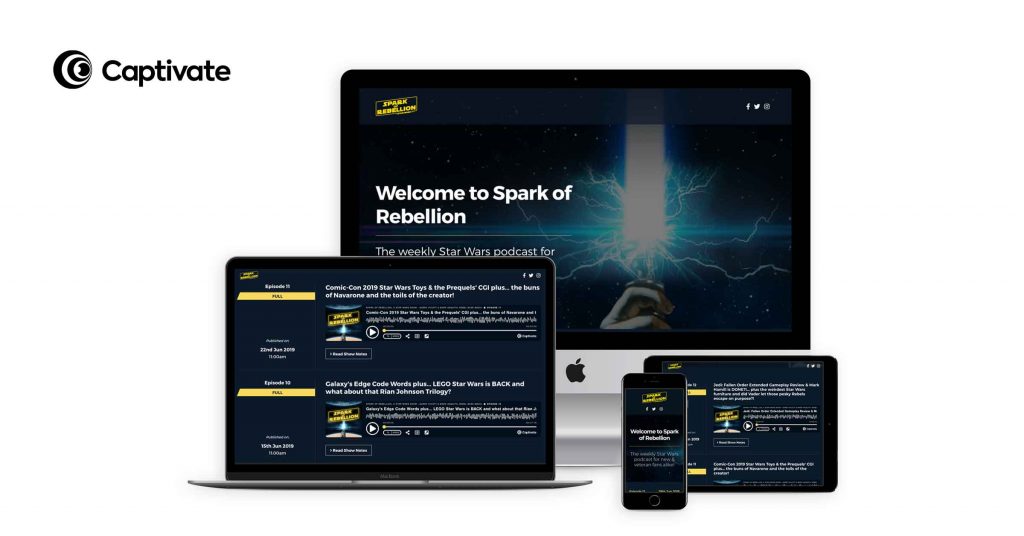
If you’re building your podcast website with WordPress, you can use Google’s free PageSpeed tool to get insights and feedback on your site’s performance.
Pro tip: Captivate Sync™ integrates seamlessly and completely with WordPress, making it easy to upload, manage, edit and delete podcast episodes from within your WordPress dashboard.
Succeeding With Podcast SEO: Your Next Steps
So now you understand SEO and how to make it work for your podcast, I bet you are itching to get started!
Another article we think you’d like...
Reading Time: 16 minutes We take a deep dive into Buzzsprout podcast hosting, its pros and cons, and how it weighs up to Captivate when it comes to support, service, features and, of course, pricing.
To recap, SEO is a powerful set of tools that you can use to build authority, increase discoverability and make your content more accessible (both to Google and to humans!)
Success with SEO doesn’t happen overnight, but if you implement any or all of the tips and best practices I’ve listed in this guide, you’ll surely start to see an improvement your podcast’s performance.
Market and Grow Your Podcast With Captivate
This article is part of a wider series on all things podcast marketing that you can dive into right now!
- Experts Share How to Market Your Podcast for Growth, Revenue and Success!, including 14 easy-to-apply podcast marketing tactics
- Learn How to Market a Podcast from 6 Successful Podcasters
- Finding Podcast Guests: 3 Simple Secrets to a Scalable Podcast Guest Strategy
- The 3 Best Ways to Grow and Market Your Podcast on Facebook
- Watch SEO 101: A Curated Playlist of YouTube Videos from The Podcast Accelerator
Got a spare 45 minutes, or even just 5? Listen to SEO 101, a jargon-busting Curated Collection of The Podcast Accelerator episodes that teach you everything you need to know to start incorporating SEO practices into your podcast production today.
Learn 9 Unconventional Ways To Grow Your Podcast
Download your FREE eBook designed to help you grow your podcast, including how to repurpose content for SEO and build growth-oriented marketing strategies for your podcast brand.
[optin-monster-shortcode id=”ion9f5p440bswxvyojuo”]
